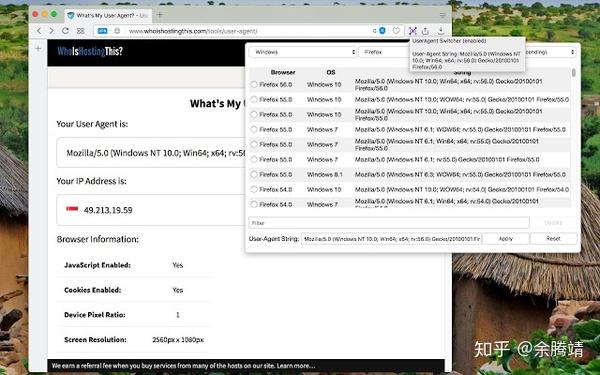

- #LIVERELOAD REACT HOW TO#
- #LIVERELOAD REACT INSTALL#
- #LIVERELOAD REACT UPDATE#
- #LIVERELOAD REACT FULL#

Websockets are more fun and will give a lot of flexibility in the future (in case you want to turn this live-reloader into something hotter), so let's go that route. That way there's no lag between a change and that change becoming visible on the site. We could set up a 2-way websocket so that the server can push information to the browser. We could set plain old vanilla HTTP route that the site pings every 100 milliseconds (or so) to ask if something has changed. There are two reasonable choices for how the server would inform the browser to trigger a reload:

We'll make a simple, live-reload development server that refreshes your browser whenever you change a source file. But it's a fun exercise to make your own, and remove some of the mystery in the process. You should definitely get an off-the-shelf, hot-reload server for serious development work. If not, a bit of googling will get you to some open source projects that will do the trick to some degree or another. Which pre-existing solution you use depends on your project, but if you're doing modern webdev there's a good chance you're using a framework or a module bundler (like Webpack) that provides a hot/live-reload server out of the box. Get an off-the-shelf hot-reload serverįortunately, very smart people have solved the hot-reload problem for you. This is amazing because the rest of your website's state (form content, open/closed state of widgets, etc) stays intact while only the stuff you've changed gets changed on the page. The goal of hot reloading is to refresh the minimum possible portion of content on the page when something changes, instead of the entire page. Modern frameworks like Vue and React have what they call "hot" reloading, which is a huge improvement to "live" reloading.
#LIVERELOAD REACT FULL#
It's already helpful if the page simply does a full reload whenever any source file changes. In short, it's having a development server watch for changes to your code, then telling your browser to refresh itself so that the rendered page stays in sync with your code. If you're currently making webpages without automatic reloading, drop everything and get that hooked up now! Live/hot reloads I didn't even know that was a thing, but now I can never go back. I didn't realize just how annoying this was until I started using modern frameworks (Vue and React), which come out of the box with "hot reloading". I spent my first few years of web development alt-tabbing over to my browser to manually refresh the page every time I made a change to the code.
#LIVERELOAD REACT UPDATE#
Update your webpack configuration's babel loader to remove the query attribute (your. babelrc file in your project root with the following contents:
#LIVERELOAD REACT INSTALL#
Install to take advantage of webpack's hot module replacement tailored for React components.Ĭreate a. With this in mind, here are the changes I would make: This will help reduce clutter in your webpack configuration file and isolate each tool's settings to their own files.

babelrc file to contain the configuration for Babel. node_modules, you can just invoke webpack-dev-server. In your npm scripts, you don't need to use the relative file path that points to. You'll need to do one of those things to make this work. It doesn't look like you're passing -hot as a command line flag to the webpack-dev-server, or you aren't programmatically accessing the WebpackDevServer api. "test": "mocha -compilers js:babel-core/register -require. node_modules/webpack-dev-server/bin/webpack-dev-server.js", As of current I am able to bundle it and host it on my localhost with out a problem.
#LIVERELOAD REACT HOW TO#
I've read couple blogs on how to do it but I cannot seem to make it work. In other words, I would like to have the page reloads everytime I make a change in my code. I'm new to webpack and I am having trouble setting up how to make webpack watch my files as I change things in my code.


 0 kommentar(er)
0 kommentar(er)
